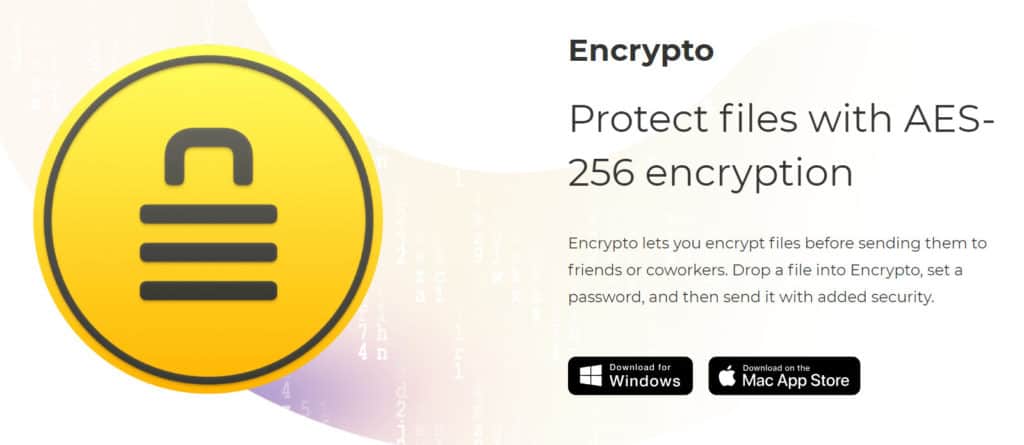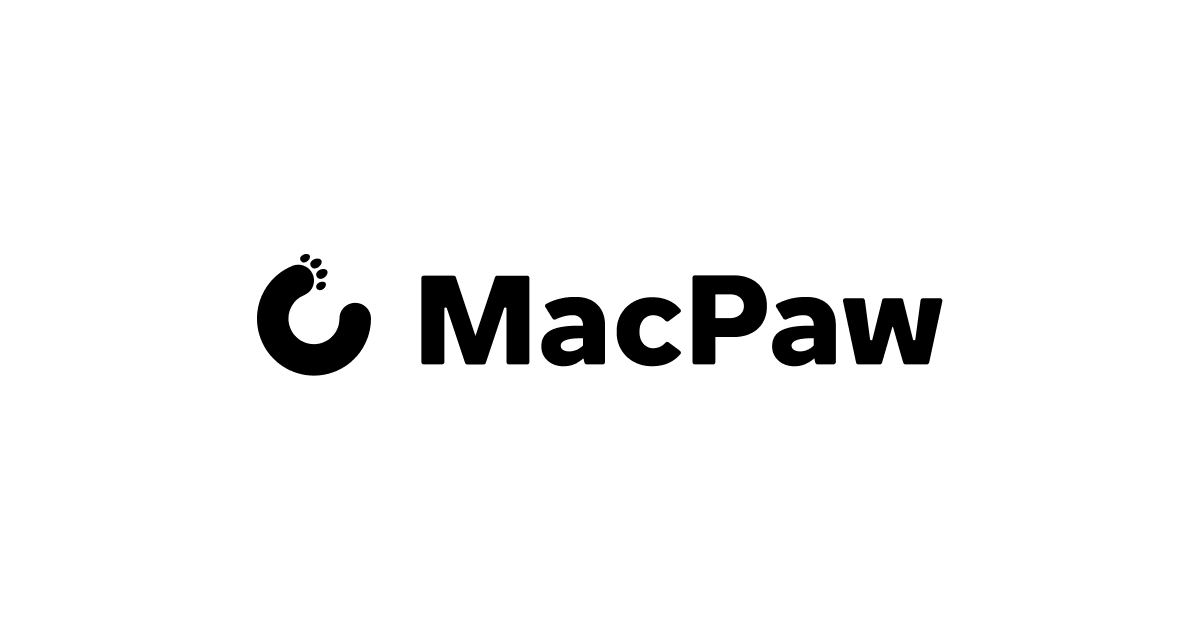Welcome to the Chocolatey Community Package Repository! The packages found in this section of the site are provided, maintained, and moderated by the community.
Moderation
The Encrypto comes as a two piece “Deep Cold Storage” set. Each time piece comes with its own unique public address etched on the dial and a sealed USB containing the private key. You add your Bitcoins to your Bitcoin wallet or check your balance directly through the Encrypto dial. See the FAQ section for instructions on how to use the cold. IIS Crypto is a free tool that gives administrators the ability to enable or disable protocols, ciphers, hashes and key exchange algorithms on Windows Server 2008, 2012, 2016 and 2019. Names, email addresses, and phone numbers are NOT saved in the e-sign template. Signer roles are saved (roles are autogenerated for signers without a role).
Every version of each package undergoes a rigorous moderation process before it goes live that typically includes:
- Security, consistency, and quality checking
- Human moderators who give final review and sign off
More detail at Security and Moderation.
Organizational Use
If you are an organization using Chocolatey, we want your experience to be fully reliable. Due to the nature of this publicly offered repository, reliability cannot be guaranteed. Serial cable wire colors. Packages offered here are subject to distribution rights, which means they may need to reach out further to the internet to the official locations to download files at runtime.
Fortunately, distribution rights do not apply for internal use. With any edition of Chocolatey (including the free open source edition), you can host your own packages and cache or internalize existing community packages.
Disclaimer
Your use of the packages on this site means you understand they are not supported or guaranteed in any way. Learn more..
Encryptochat
Cryptocurrency is digital money. That means there’s no physical coin or bill — it’s all online. You can transfer cryptocurrency to someone online without a go-between, like a bank. Bitcoin and Ether are well-known cryptocurrencies, but new cryptocurrencies continue to be created.
Big noyd episodes of a hustla. People might use cryptocurrencies for quick payments and to avoid transaction fees. Some might get cryptocurrencies as an investment, hoping the value goes up. You can buy cryptocurrency with a credit card or, in some cases, get it through a process called “mining.” Cryptocurrency is stored in a digital wallet, either online, on your computer, or on other hardware.
Before you buy cryptocurrency, know that it does not have the same protections as when you are using U.S. dollars. Also know that scammers are asking people to pay with cryptocurrency because they know that such payments are typically not reversible.
Cryptocurrencies vs. U.S. Dollars
The fact that cryptocurrencies are digital is not the only important difference between cryptocurrencies and traditional currencies like U.S. dollars.
Cryptocurrencies aren’t backed by a government.
Internal storage android. Cryptocurrencies are not insured by the government like U.S. bank deposits are. This means that cryptocurrency stored online does not have the same protections as money in a bank account. If you store your cryptocurrency in a digital wallet provided by a company, and the company goes out of business or is hacked, the government may not be able to step and help get your money back as it would with money stored in banks or credit unions.
A cryptocurrency’s value changes constantly.
A cryptocurrency’s value can change by the hour. An investment that may be worth thousands of U.S. dollars today might be worth only hundreds tomorrow. If the value goes down, there’s no guarantee that it will go up again.
Investing in Cryptocurrency
As with any investment, before you invest in cryptocurrency, know the risks and how to spot a scam. Here are some things to watch out for as you consider your options.
No one can guarantee you’ll make money.
Anyone who promises you a guaranteed return or profit is likely a scammer. Just because an investment is well known or has celebrity endorsements does not mean it is good or safe. That holds true for cryptocurrency, just as it does for more traditional investments. Don’t invest money you can’t afford to lose.
Not all cryptocurrencies — or companies promoting cryptocurrency — are the same.
Look into the claims that companies promoting cryptocurrency are making. Search online for the name of the company, the cryptocurrency name, plus words like “review,” “scam,” or “complaint.”
Read more about Investing Online.
Paying with Cryptocurrency
If you are thinking about using cryptocurrency to make a payment, know the important differences between paying with cryptocurrency and paying by traditional methods.
You don’t have the same legal protections when you pay with cryptocurrency.
Credit cards and debit cards have legal protections if something goes wrong. For example, if you need to dispute a purchase, your credit card company has a process to help you get your money back. Cryptocurrency payments typically are not reversible. Once you pay with cryptocurrency, you only can get your money back if the seller sends it back.
Before you buy something with cryptocurrency, know a seller’s reputation, where the seller is located, and how to contact someone if there is a problem.
Refunds might not be in cryptocurrency.
If refunds are offered, find out whether they will be in cryptocurrency, U.S. dollars, or something else. And how much will your refund be? The value of a cryptocurrency changes constantly. Before you buy something with cryptocurrency, learn how the seller calculates refunds.
Some information will likely be public.

Although cryptocurrency transactions are anonymous, the transactions may be posted to a public ledger, like Bitcoin’s blockchain. A blockchain is a public list of records that shows when someone transacts with cryptocurrency. Depending on the cryptocurrency, the information added to the blockchain can include information like the transaction amount. The information also can include the sender’s and recipient’s wallet addresses — a long string of numbers and letters linked to a digital wallet that stores cryptocurrency. Both the transaction amount and wallet addresses could be used to identify who the actual people using it are.
Cryptocurrency Scams
As more people get interested in cryptocurrency, scammers are finding more ways to use it. For example, scammers might offer investment and business “opportunities,” promising to double your investment or give you financial freedom.
Watch out for anyone who:
Encrypto Download
- guarantees that you’ll make money
- promises big payouts that will double your money in a short time
- promises free money in dollars or cryptocurrency
- makes claims about their company that are not clear
Cryptojacking
Cryptojacking is when scammers use your computer or smartphone’s processing power to “mine” cryptocurrency for their own benefit, and without your permission. Scammers can put malicious code onto your device simply by your visiting a website. Then they can help themselves to your device’s processor without you knowing.
Encryptoforwin
If you notice that your device is slower than usual, burns through battery power quickly, or crashes, your device might have been cryptojacked. Here is what to do about it:
- Close sites or apps that slow your device or drain your battery.
- Use antivirus software, set software and apps to update automatically, and never install software or apps you do not trust.
- Do not click links without knowing where they lead, and be careful about visiting unfamiliar websites.
- Consider a browser extension or ad blockers that can help defend against cryptojacking. But do your research first. Read reviews and check trusted sources before installing any online tools. Some websites may keep you from using their site if you have blocking software installed.
Report Scams
Report fraud and other suspicious activity involving cryptocurrency, or other digital assets to:
Encrypto Virus


Encrypto App
- the FTC at ftc.gov/complaint
- the Commodity Futures Trading Commission (CFTC) at866-366-2382 or at CFTC.gov/TipOrComplaint
- the U.S. Securities and Exchange Commission (SEC) atsec.gov/tcr




